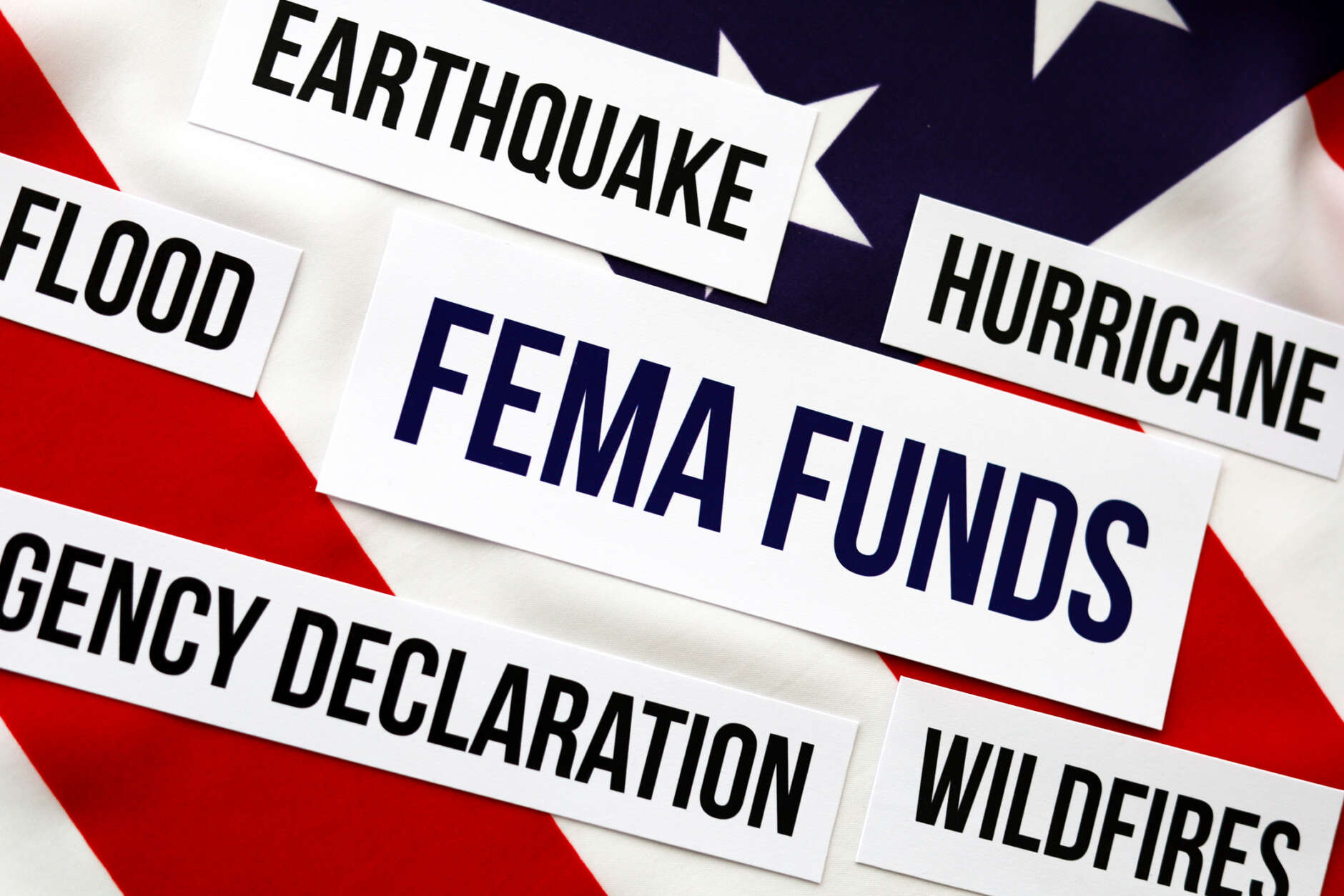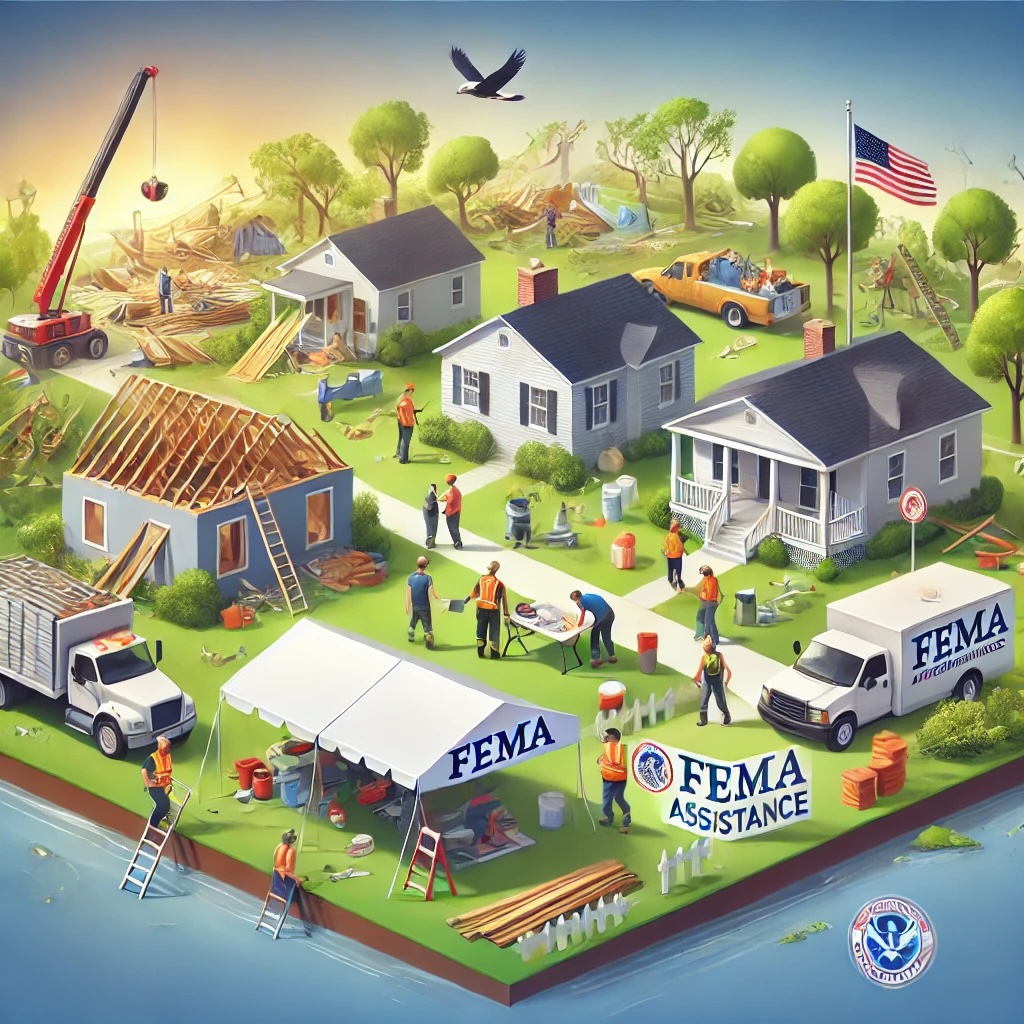When disasters strike—be it hurricanes, floods, wildfires, or pandemics—communities need relief fast. Yet, the imperative for speed often meets an equally critical demand: strong oversight to ensure taxpayer dollars are spent responsibly. This tension between rapid fund distribution (e.g., Expedited Public Assistance) and rigorous auditing to prevent fraud is a central challenge in FEMA grant management. Navigating these complexities effectively is crucial for protecting public trust, especially when time is of the essence.
Why Speed Matters in Post-Disaster Relief
1. Urgent Community Needs
In the immediate wake of a disaster, damaged infrastructure, lost homes, and strained public services require immediate action. Emergency management teams rely on
FEMA’s Public Assistance
and other grant resources to kick-start recovery. Delayed funding can slow down the opening of shelters, inhibit debris removal, and postpone critical healthcare services.
For additional insights on preparing strong FEMA applications, check out our internal blog post:
GrantCity Blog: How to Prepare a Winning FEMA Grant Application
2. Preventing Secondary Crises
When rebuilding is delayed, communities can suffer secondary crises: economic downturns, public health issues, and long-term disruptions to critical utilities. Quick funding infusions enable local governments and nonprofit organizations to act decisively, mitigating further damage and helping people return to normalcy as soon as possible.
3. Strengthening Public Confidence
Showing tangible progress in disaster-stricken areas fosters confidence among residents and stakeholders. Rapid relief also reassures funding bodies, including federal and state agencies, that assistance is being used effectively to stabilize communities.
Why Oversight Is Just as Crucial
1. Accountability to Taxpayers
FEMA grants are funded by taxpayer dollars, so it’s imperative that recipients use the money as intended. Oversight—through internal and external audits, documentation checks, and regulatory compliance reviews—ensures transparency and accountability. This helps prevent fraud, waste, and abuse.
2. Maintaining Public Trust
A single fraud case can erode trust in government programs. By enforcing rigorous auditing standards and verifying that funds serve their intended purpose, agencies like the U.S. Government Accountability Office (@USGAO) and the Inspector General (@InspectorGeneral) reinforce public confidence in federal disaster relief efforts.
3. Guarding Long-Term Sustainability
Beyond immediate recovery, hazard mitigation measures require substantial funding to strengthen infrastructure against future disasters. Proper oversight guarantees that these funds are allocated effectively, making communities more resilient in the long run and ensuring that money spent now translates to reduced damage later.
Balancing Rapid Funding with Rigorous Compliance
1. Streamlined Application Processes
To balance speed and compliance, FEMA and state agencies are adopting streamlined Expedited Public Assistance procedures. These simplify application and documentation requirements for urgent community needs while preserving essential checks against misallocation or misuse.
2. Real-Time Auditing
Advances in data analytics and digital platforms allow real-time oversight, reducing the time lag between funds disbursement and compliance checks. Automated tools can flag irregular spending, enabling immediate intervention instead of retrospective audits that occur months or years later.
3. Collaboration with Specialists
Working with grant management consultants, like GrantCity Consulting, helps both public and private entities navigate complex regulations. Skilled FEMA grant specialists and emergency management professionals can speed up the application process, ensure proper documentation, and facilitate transparent reporting practices.
Learn more about optimizing FEMA grants in another one of our internal blog posts:
GrantCity Blog: Maximizing FEMA Grant Funding for Local Governments
4. Education and Training
Ensuring that local governments and nonprofit organizations understand compliance requirements is one of the best defenses against fraud. Training sessions and workshops demystify federal regulations, highlighting best practices for risk management and record-keeping. Such awareness increases efficiency and helps avoid costly deobligation of funds later.
The Real-World Impact of Getting It Right
- Local Governments: They can expedite projects like repairing schools, hospitals, and fire stations while maintaining meticulous records that satisfy Inspector General guidelines.
- Nonprofits and Community Organizations: Able to provide quick services to vulnerable populations without compromising financial integrity.
- Taxpayers: Benefit from faster community recovery and lower risk of misuse, preserving trust in government programs.
Ultimately, FEMA grant management hinges on effective collaboration between federal agencies, state and local entities, and specialized consulting services. By prioritizing both speed and oversight, organizations can deliver immediate relief without compromising on accountability.
How GrantCity Consulting Can Help
At GrantCity Consulting, we specialize in guiding communities and organizations through the FEMA grant lifecycle—from application to closeout. Our experts bring a deep understanding of disaster recovery, compliance frameworks, and risk management strategies. Whether you’re seeking Expedited Public Assistance or implementing long-term hazard mitigation projects, our team ensures a balanced approach, delivering efficient relief while safeguarding public trust.
Are you looking to optimize your FEMA grant management process?
Contact GrantCity Consulting today to learn how we can help you secure funding swiftly and manage it responsibly.
Potential Tags & Mentions
- @USGAO
- @InspectorGeneral
- @FEMA
Key Takeaway: Balancing speed and oversight in FEMA grant management is not just about meeting administrative requirements; it’s a cornerstone of public trust and effective disaster recovery. By understanding this tension and employing targeted strategies, relief efforts can be both rapid and responsible—bringing vital assistance to communities when they need it most and ensuring that every dollar counts.






